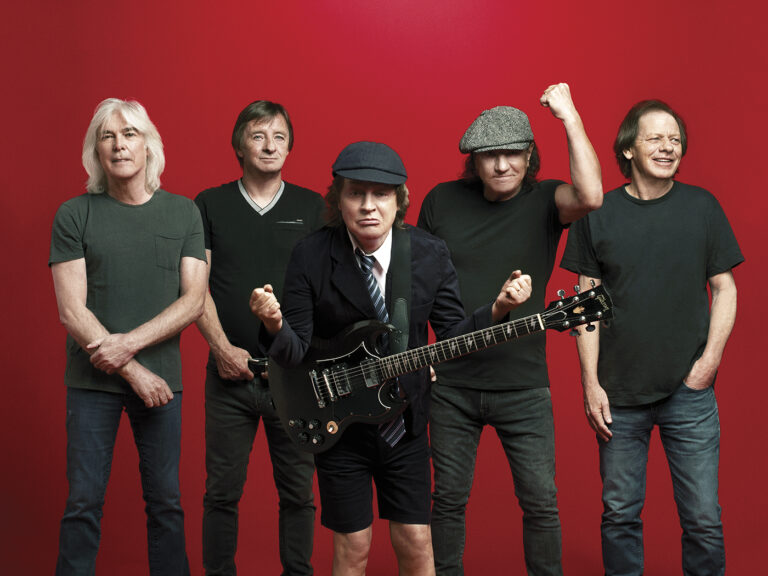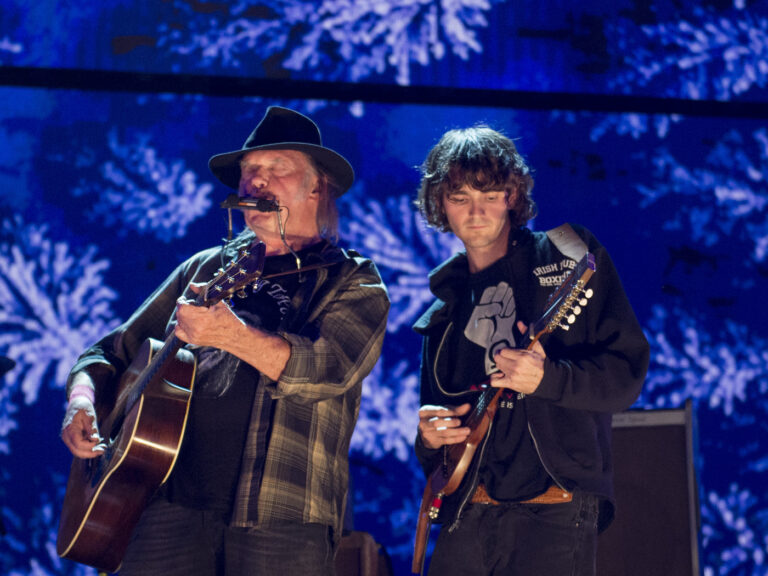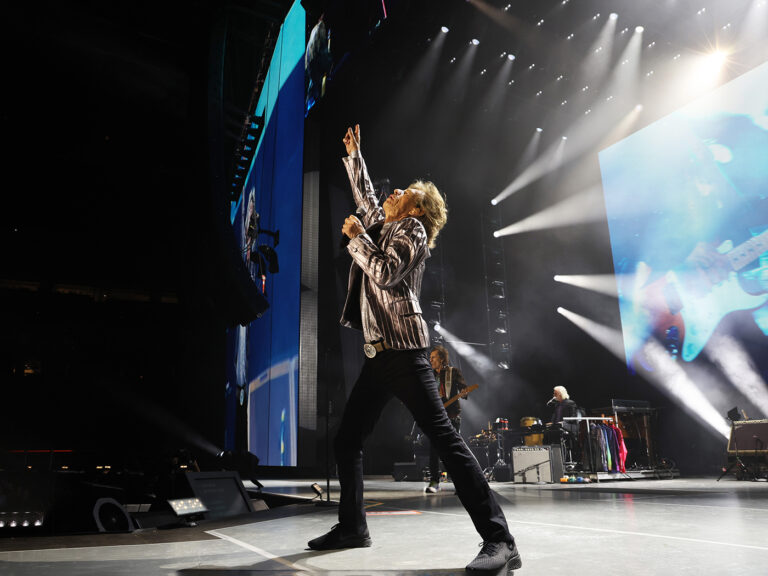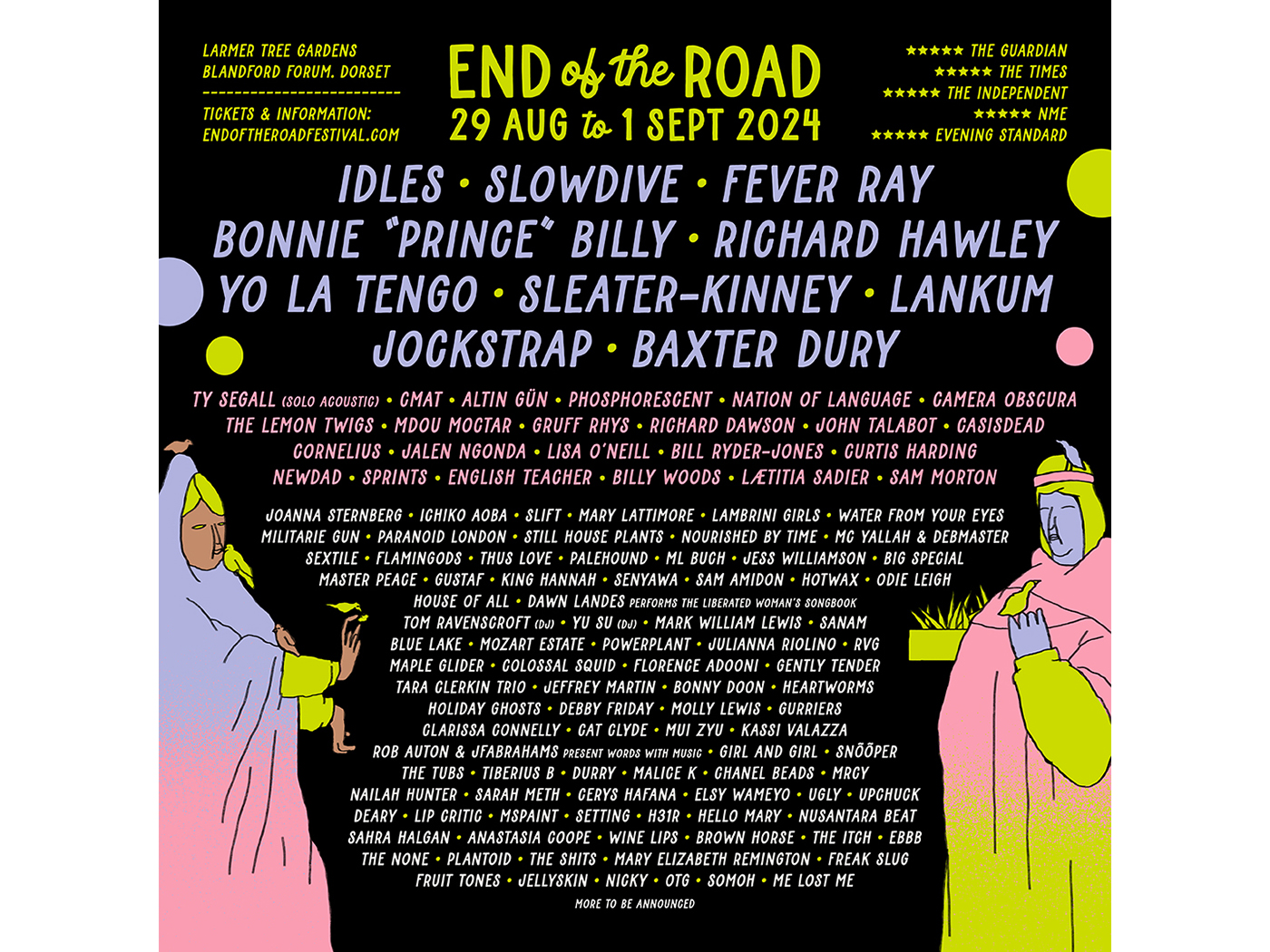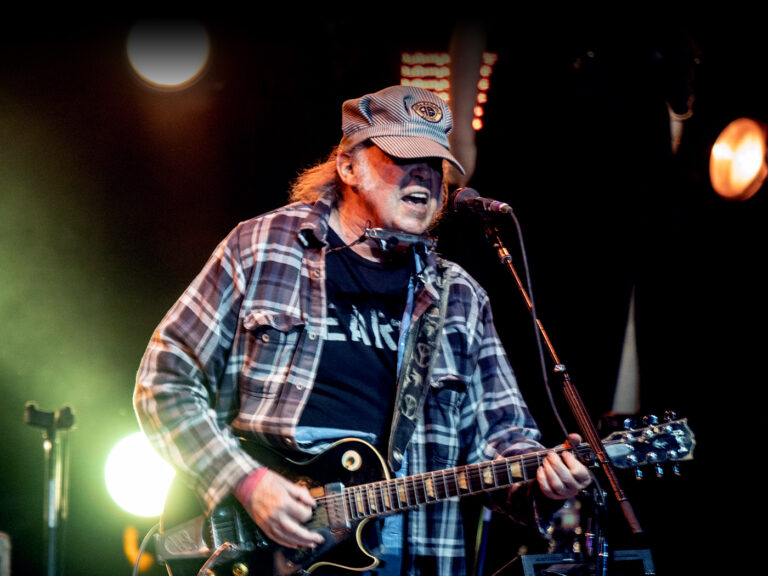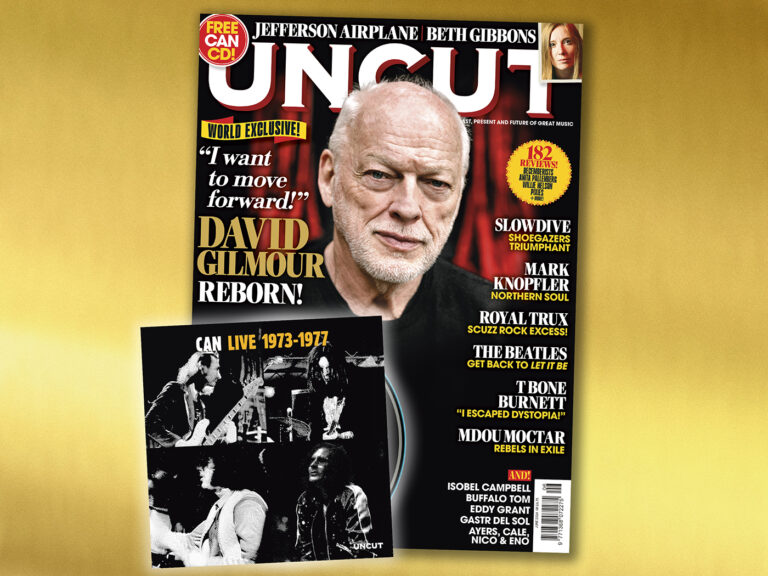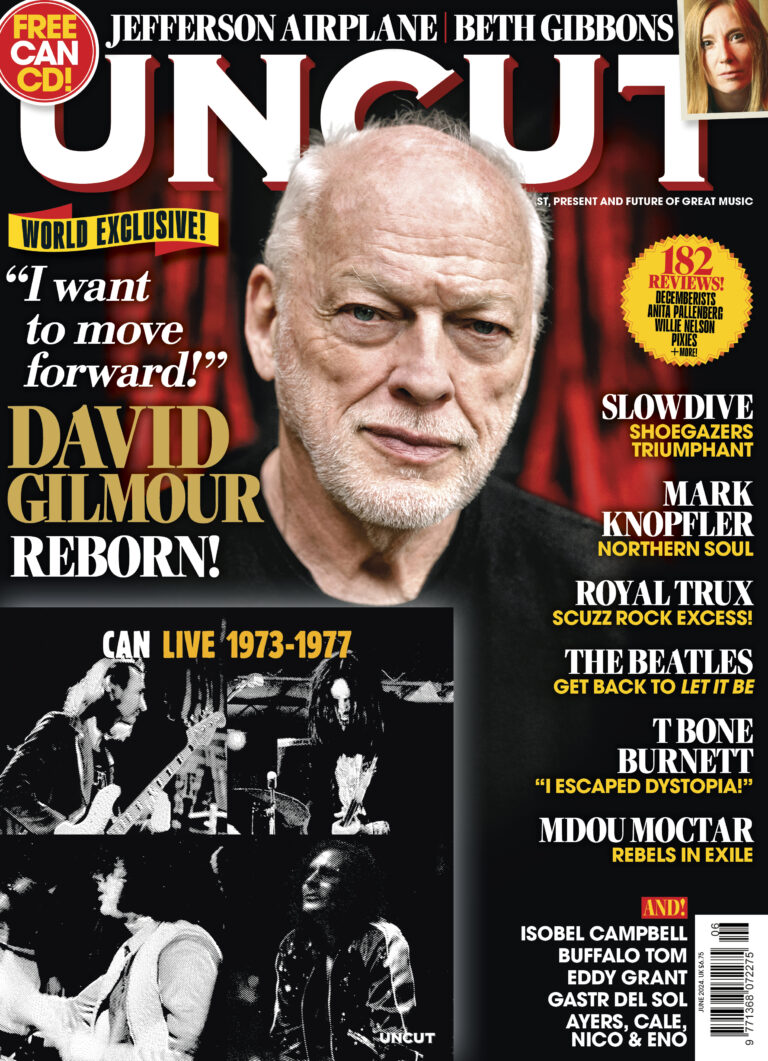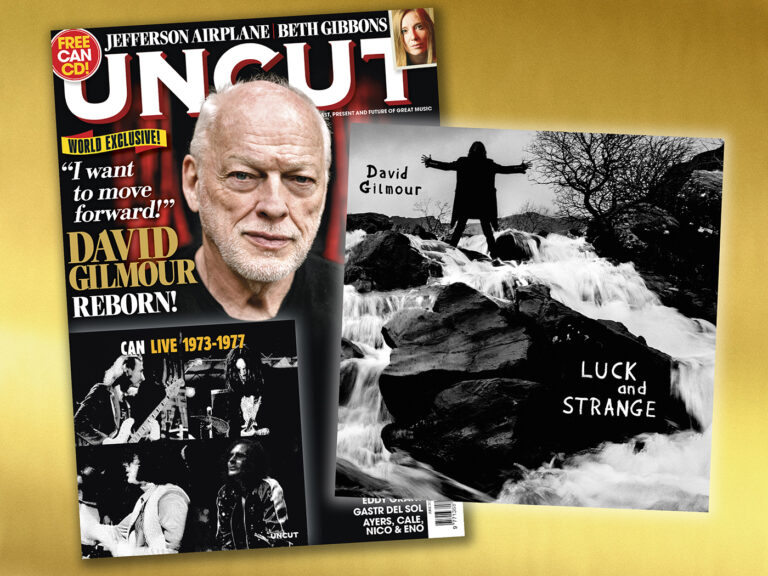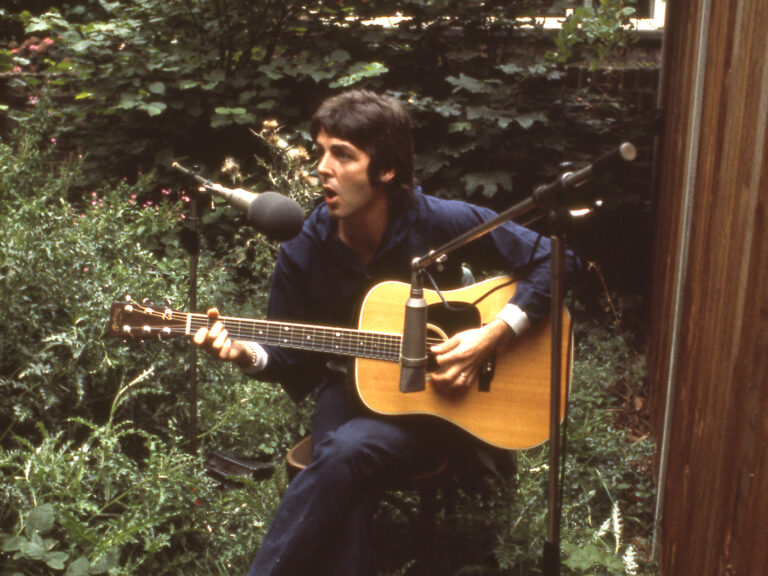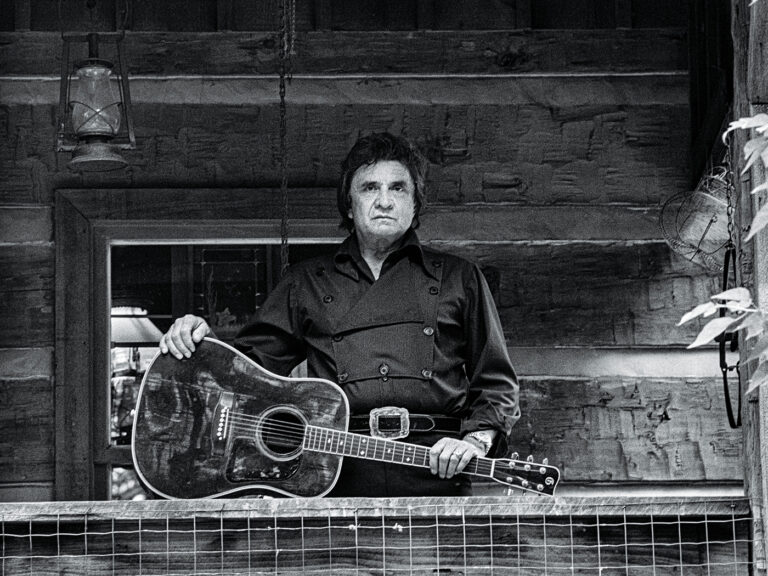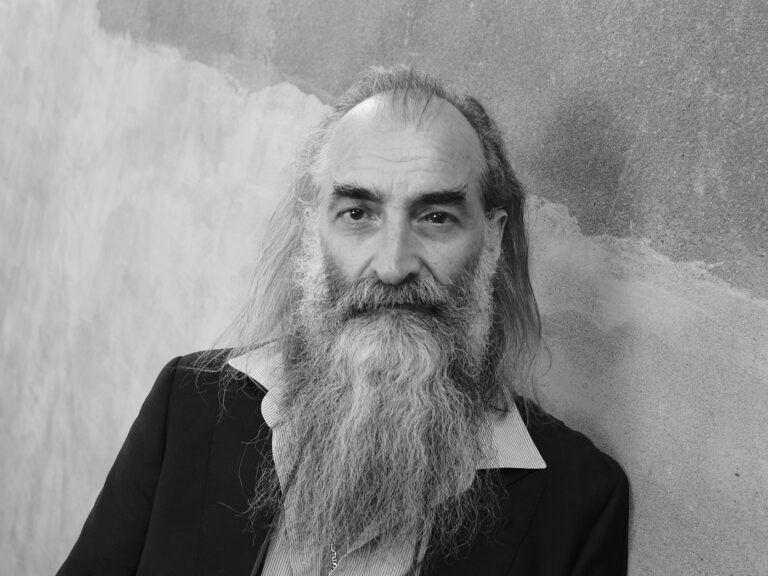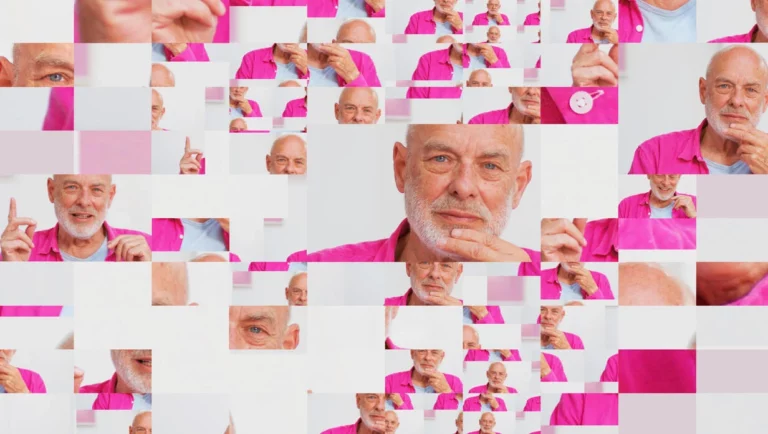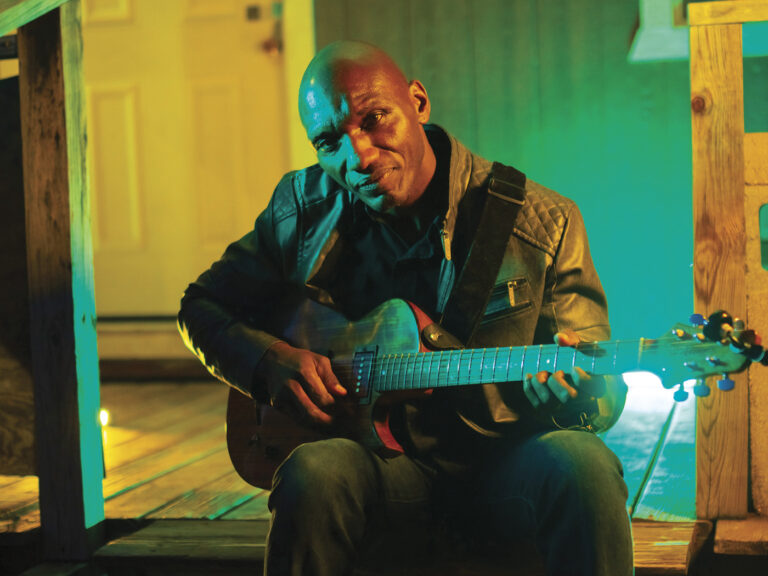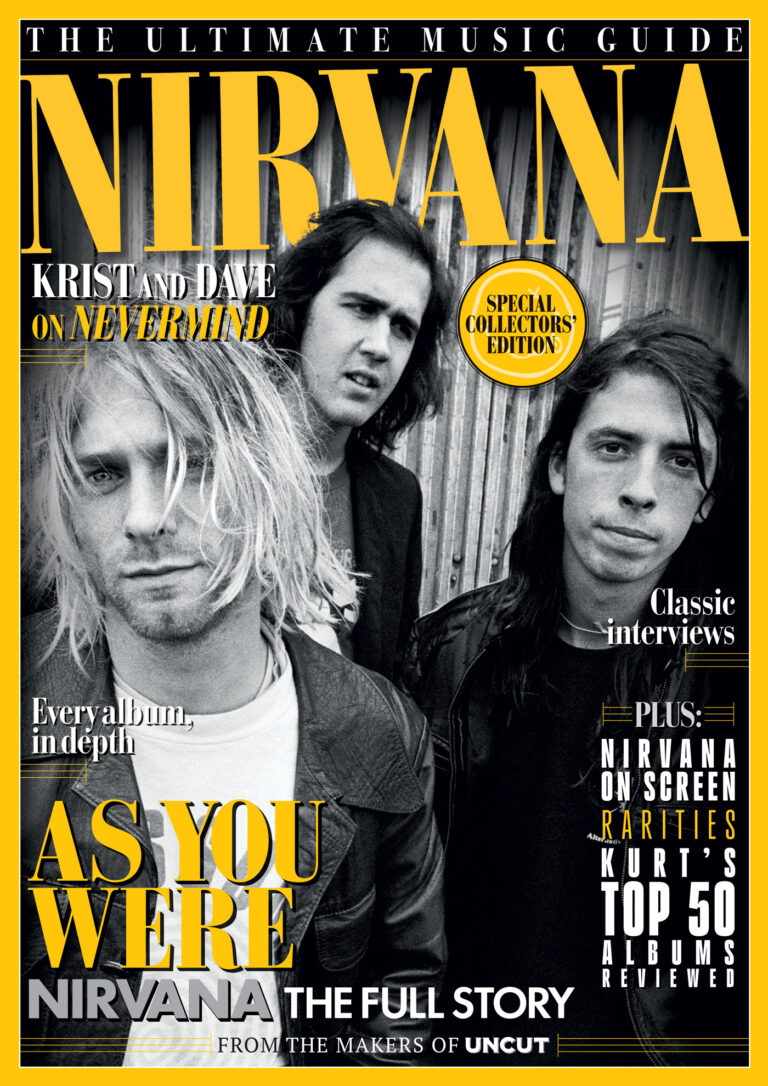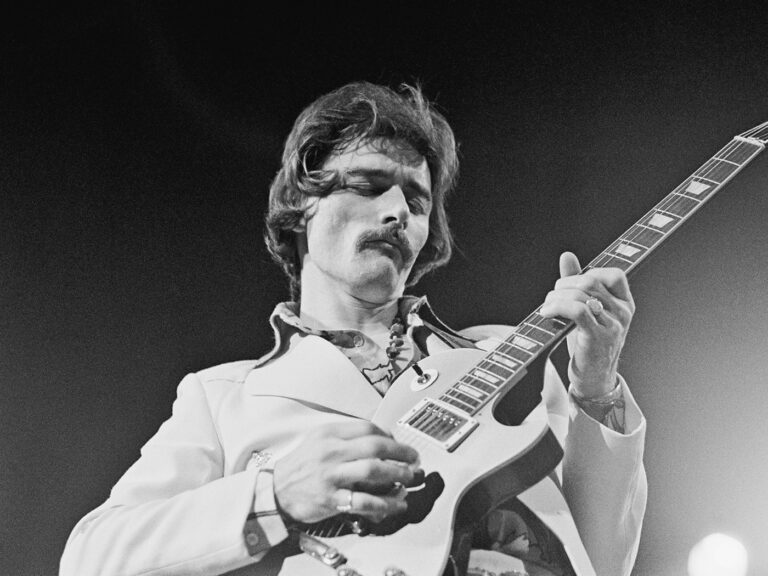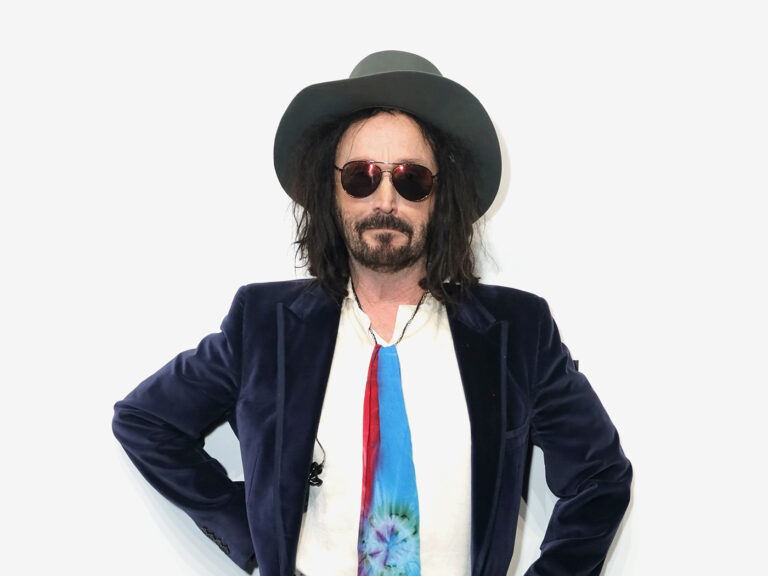Cleverness gets you only so far in life, and its limits become clearer with age. Vampire Weekend’s first album in roughly five years deals with that kind of reckoning. Its opening line: “Fuck the world” – spoken in context of a lovers’ sparring match, a geo-political negotiation, maybe both. Ezra Koenig’s vocals are dirty with distortion, draped in coiled feedback, and they build to a panic attack of galloping drums, presto orchestral strings and guitar squeals amid talk of soldiers, police, war and weaponised language. The song, “Ice Cream Piano” (note the “I scream” homophone), is bunker-mentality neorealism, and quite a way from the scenes of privileged youth “in the colours of Benetton” on the band’s 2008 debut, blithely spilling kefir on an accessorising keffiyeh and second-guessing last night’s hookup en route to class.
Cleverness gets you only so far in life, and its limits become clearer with age. Vampire Weekend’s first album in roughly five years deals with that kind of reckoning. Its opening line: “Fuck the world” – spoken in context of a lovers’ sparring match, a geo-political negotiation, maybe both. Ezra Koenig’s vocals are dirty with distortion, draped in coiled feedback, and they build to a panic attack of galloping drums, presto orchestral strings and guitar squeals amid talk of soldiers, police, war and weaponised language. The song, “Ice Cream Piano” (note the “I scream” homophone), is bunker-mentality neorealism, and quite a way from the scenes of privileged youth “in the colours of Benetton” on the band’s 2008 debut, blithely spilling kefir on an accessorising keffiyeh and second-guessing last night’s hookup en route to class.
ORDER YOUR COPY OF THE NEW UNCUT, FEATURING AN EXCLUSIVE DAVID GILMOUR INTERVIEW AND A FREE CAN CD!
Fair enough: Vampire Weekend are nearly 20 years in, and these are dark times. Gone too is the wistfully upbeat jam-band vibe of 2019’s Father Of The Bride, an impressive pivot after the departure of co-founder Rostam Batmanglij, long on laidback guitar spirals, pedal steel sparkles, Danielle Haim vocals and their trademark boutique internationalism. By comparison, Only God Was Above Us is off its meds – grimier, sonically and spiritually; more compressed, more stressed. Lyrically, conflict is everywhere, and nothing is stable.
Of course, anxiety, true perhaps to the band’s New York City roots, suits them nicely. Indeed, Big Apple nostalgia infuses Only God Was Above Us, though it’s not especially comforting. The packaging signals it straightaway with surreal, late-’80s images (by noted urban street photographer Steven Siegel) of wrecked train cars in a subway graveyard. The LP title comes from a 1988 tabloid headline in the cover image, teasing a story about a mid-flight airline explosion. In another image, a magazine cover trumpets a story on “prep school gangsters”, which here titles a song that seems less about junior hooligans than the full-grown ones who fail upwards into staterooms. “Call it business/Call it war/Cutting class through revolving doors,” Koenig sings sweetly over staccato bass and guitar suggesting early New Order, as Dev “Blood Orange” Hynes bashes out abstracted new wave drumbeats.
Flashbacks get conjured everywhere, quite cannily. Koenig has cited admiration for the late-’80s/early ’90s masters of sample surgery, particularly those with NYC pedigrees: RZA’s early Wu Tang work, Paul’s Boutique-era Beastie Boys. Here, abetted by producer and de facto fourth member Ariel Rechtshaid (Haim, Charli XCX, Cass McCombs), the band fold old-school allusions into a sort of OCD indie-rock hyper-pop. “Classical” opens on breakbeats like a vintage Coldcut remix, flanking cartoon electric guitar graffiti, Johnny Marr-ish acoustic strums and a sax solo that conjures a train station busker. “The Surfer”, a holdover co-written with Batmanglij, is a dubby mash-up of David Axelrod orchestral hallucinations, vintage George Martin gestures and King Tubby-ish drum fills.
This approach reaches its peak on “Mary Boone”, cheekily named for the NYC gallery owner who helped make downtown artists like Jean-Michel Basquiat and Julian Schnabel superstars in the ’80s. Koenig sketches a bridge-and-tunnel wannabe watching from the sidelines as art-scene money gets printed, while the arrangement samples Soul II Soul’s indelibly elegant “Back To Life” groove, adding a “You Can’t Always Get What You Want” choir just for the hell of it. It would all be so much showing-off if the narrative ache Koenig displays wasn’t so palpable, and the craft wasn’t so meticulous. These guys listen hard, sometimes applying different processing effects on each word, even syllable. It’s clear why they’ve begun taking roughly five years between albums.
Of course, busy work can help rein in bleak thoughts about the state of things, a dynamic that plays out across Only God Was Above Us. “Blacken the sky and sharpen the axe/Forever cursed to live unrelaxed,” Koenig croons over crisp punk drumming on “Gen X Cops”, whose title nods to the comic Hong Kong action film franchise, while its lyrics suggest how subsequent generations kick social crises down the years, disastrously. The album ends on a hopeful note, rather self-awarely titled “Hope”. It’s a folksy invocation proposing that the only way forward is to, well, move forward. It may be realistically cold comfort, but it’s comfort nonetheless.



